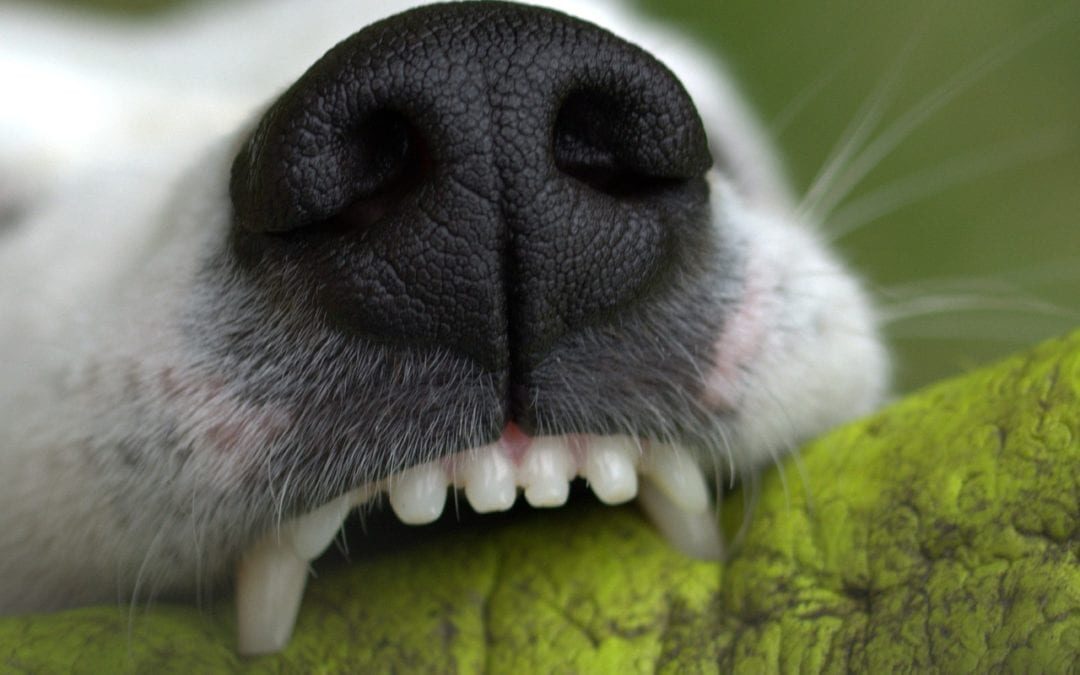Veterinary dentistry includes the cleaning, adjustment, filing, extraction, or repair of your pets’ teeth and all other aspects of oral health care. These procedures should be performed by a veterinarian or a board-certified veterinary dentist. Subject to state or provincial regulation, veterinary technicians are allowed to perform certain dental procedures under the supervision of a veterinarian.
The process begins with an oral exam of your pet’s mouth by a veterinarian. Radiographs (x-rays) may be needed to evaluate the health of the jaw and the tooth roots below the gumline. Because most dental disease occurs below the gumline, where you can’t see it, thorough dental cleaning and evaluation are performed under anesthesia. Dental cleaning includes scaling (to remove dental plaque and tartar) and polishing, similar to the process used on your own teeth during your regular dental cleanings.
Your pet’s teeth should be checked at least once a year by your veterinarian for early signs of a problem and to keep your pet’s mouth healthy.
Have your pet’s teeth checked sooner if you observe any of the following problems:
- bad breath
- broken or loose teeth
- extra teeth or retained baby teeth
- teeth that are discolored or covered in tartar
- abnormal chewing, drooling, or dropping food from the mouth
- reduced appetite or refusal to eat
- pain in or around the mouth
- bleeding from the mouth
- swelling in the areas surrounding the mouth
Some pets become irritable when they have dental problems, and any changes in your pet’s behavior should prompt a visit to your veterinarian. Always be careful when evaluating your pet’s mouth, because a painful animal may bite!

